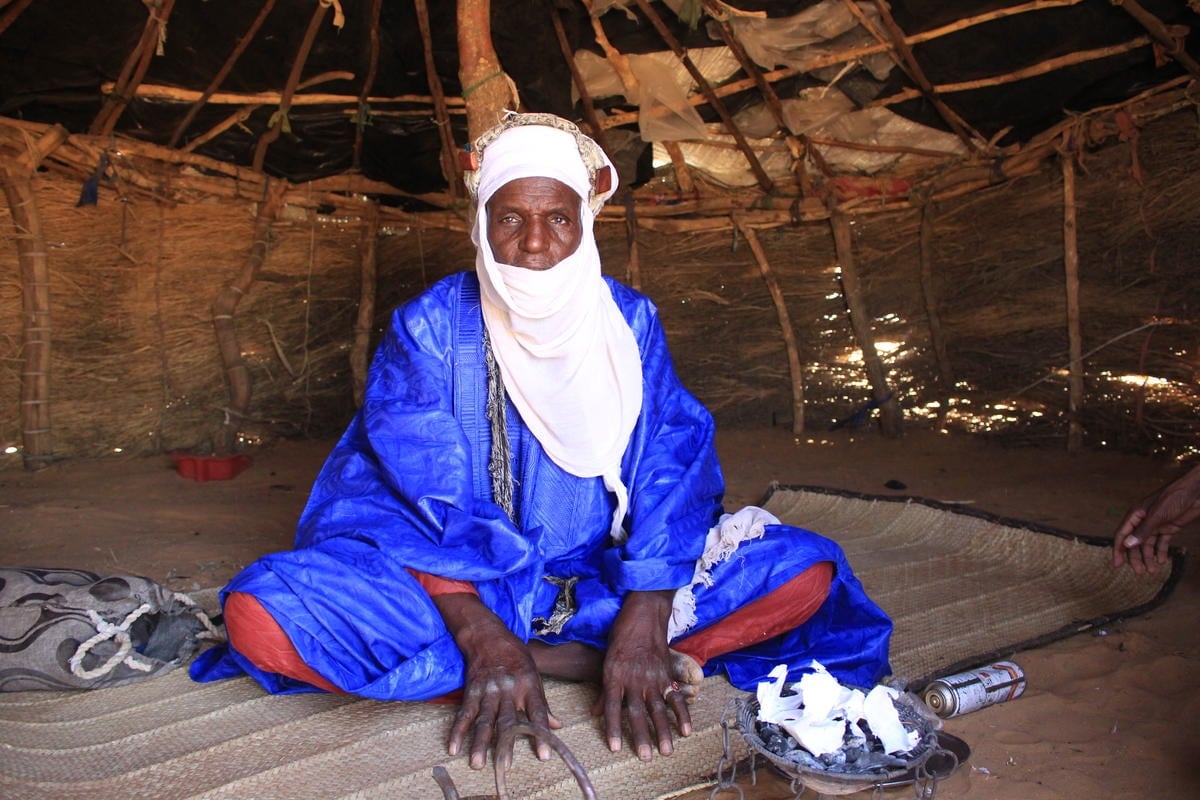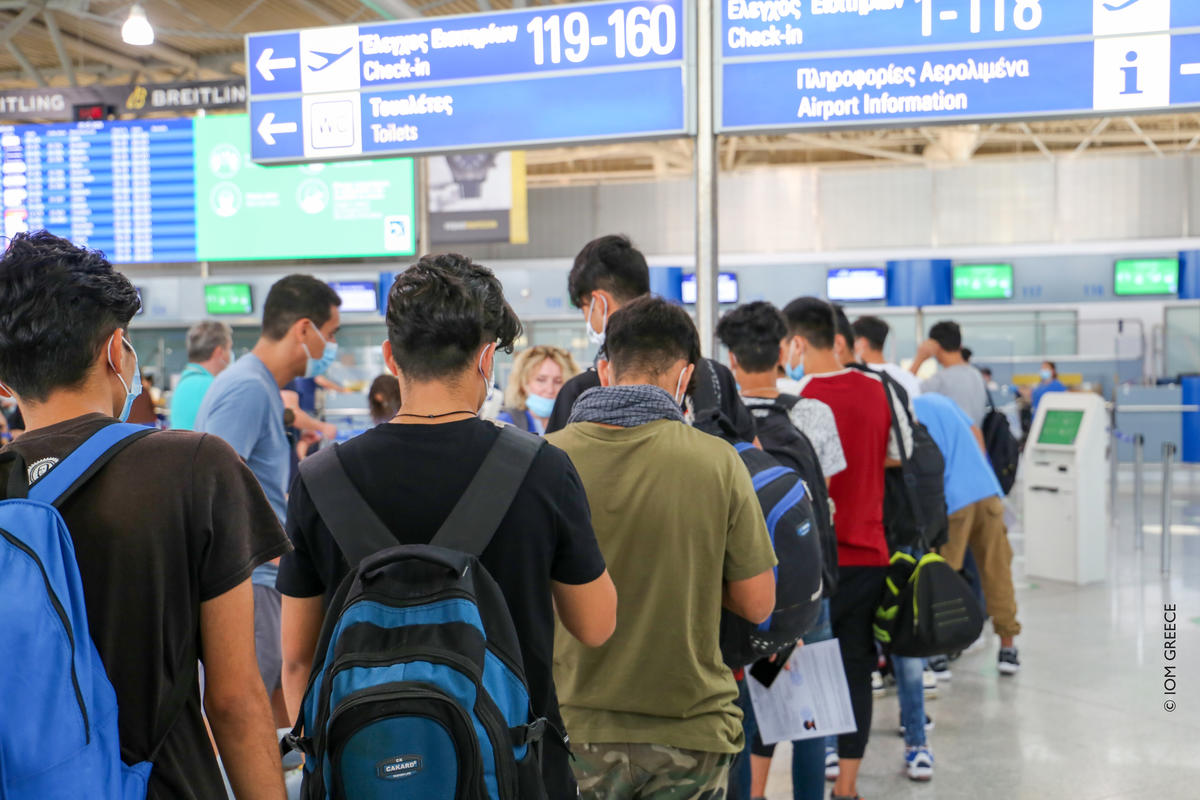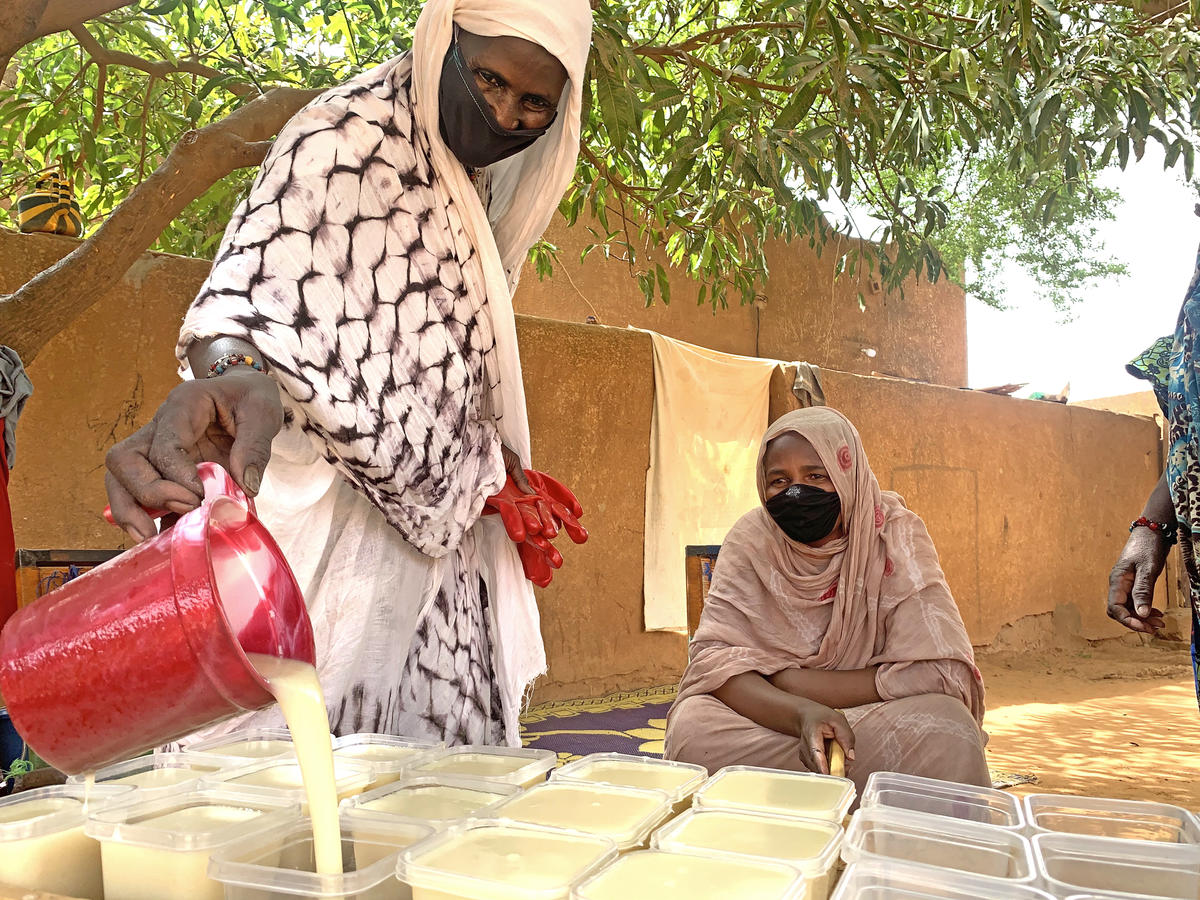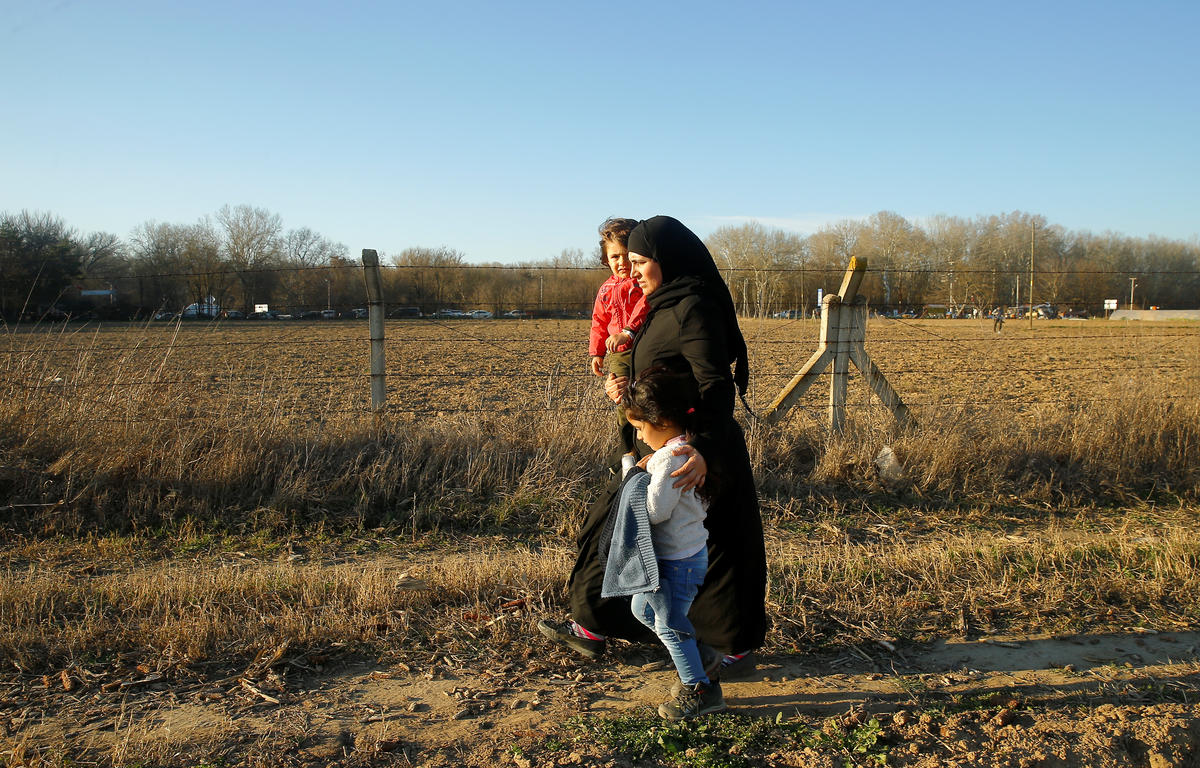Smuggling resumes in Gulf of Aden
Smuggling resumes in Gulf of Aden
With the onset of calmer weather, smuggling from the Horn of Africa to the Gulf of Aden resumed in August, when 59 boats brought more than 1,700 desperate people to the coasts of Yemen. That's triple the number of arrivals for August 2007, when 633 people landed in 10 boats. Smuggling normally subsides between May and September because of stormy weather.
Twelve people on one boat died at the end of August, eight of them after jumping into the sea when a gun battle erupted between the Yemeni military and smugglers near the coast. Most of the passengers jumped overboard and eight drowned. Four others died during the voyage across the Gulf of Aden, which survivors said had been incredibly difficult due to high winds and rough seas. They said one Somali man reportedly committed suicide by jumping overboard, while three others suffocated in the hold of the boat.
So far this year, at least 24,269 people have made the perilous Gulf of Aden crossing aboard smugglers' boats. More than 177 people died, and 225 people remain missing. At the same time last year, there were 9,153 arrivals, 267 dead and 118 missing.
UNHCR and other international agencies have been jointly calling for global action to better address this serious problem. Over the past year, UNHCR has substantially stepped up its work in Yemen. Our $17 million programme is providing additional staff, improved humanitarian assistance, additional shelter for refugees in Kharaz refugee camp, and training programmes for Yemeni coast guards and other officials. We have also increased our presence along the Yemen coast and opened an additional reception centre.
In April, a regional conference was convened by UNHCR in cooperation with the Mixed Migration Task Force for Somalia to establish a regional mechanism and long-term plan of action on refugee protection and mixed migration in the Gulf of Aden. The mixed flow of people across the gulf includes a significant number of refugees.
Yemen has carried a major burden in dealing with irregular migratory movements in the region, yet has maintained an open-door policy to refugees. Support from the international community however remains an absolute necessity.









